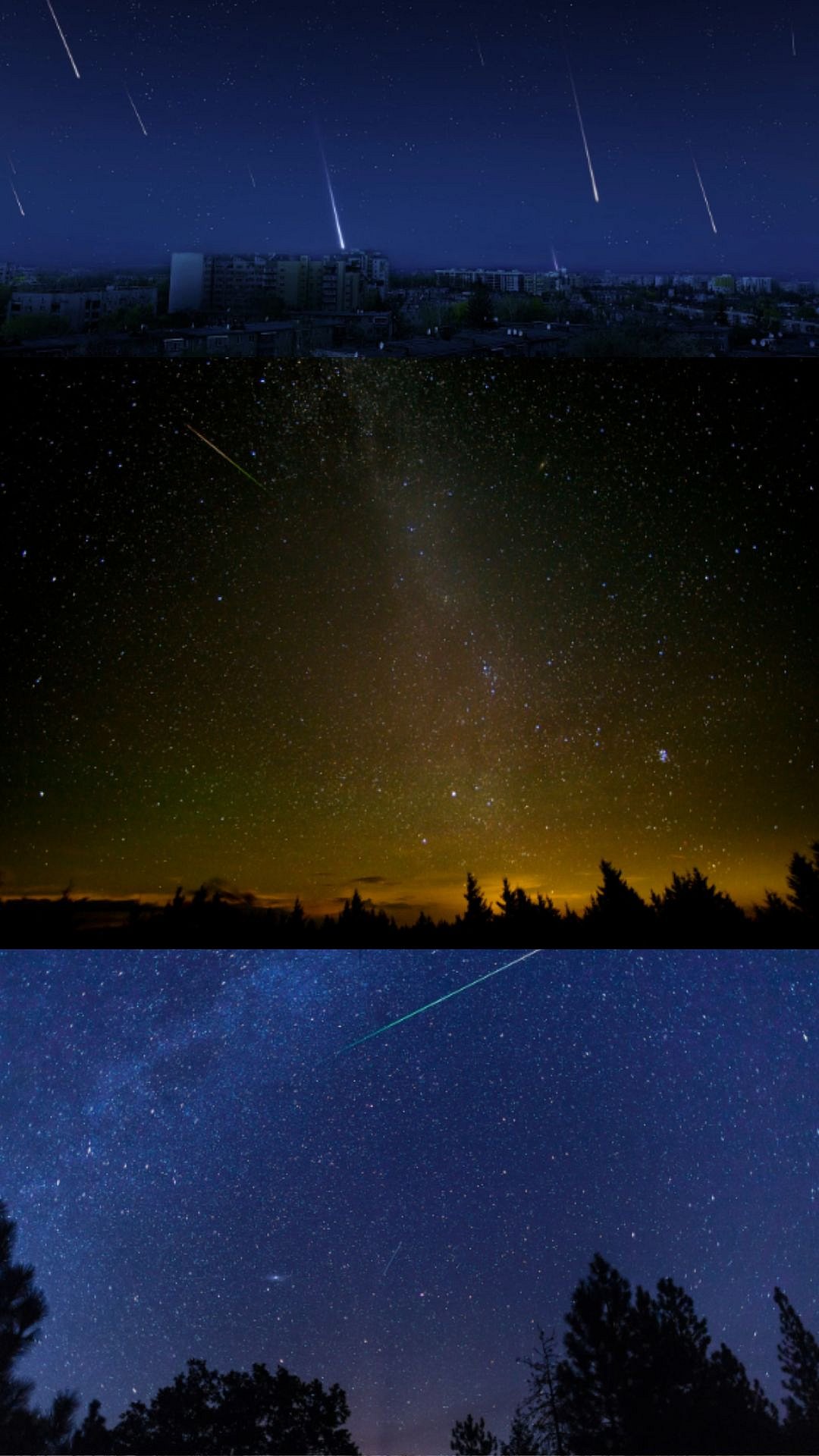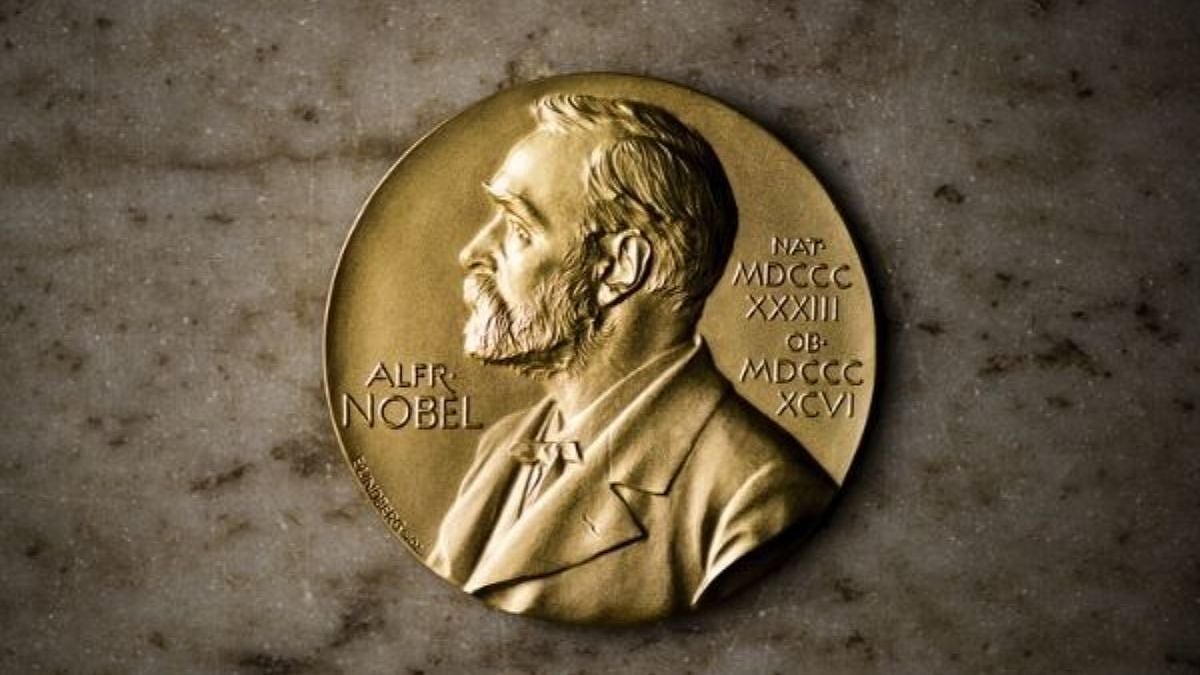A new blood group system called MAL has been recognized by a team of researchers from NHS Blood and Transplant (NHSBT) and the University of Bristol. This discovery finally clarifies a mystery that has been lingering for 50 years concerning the AnWj blood group antigen, which was originally found in 1972.
A genetic test has been created by Louise Tilley's research team to detect patients who lack the AnWj antigen. This advancement will improve rare patient care and aid in locating blood donors that are compatible. Tilley, with two decades devoted to this project, informed BBC that determining the precise quantity of individuals who will gain from this test is difficult. Nevertheless, NHSBT is the final option for approximately 400 patients globally annually.
“Having undergone multiple blood transfusions and a bone marrow transplant, I understand firsthand the critical need for safer blood matches,” Brown told BBC.
The finding has wide-ranging consequences, providing advantages for patients across the globe. The International Blood Group Reference Laboratory, located in Filton and operated by NHSBT, supplies countries with antibodies for research purposes and has created a new test that can be integrated into current genotyping systems.

Main Discoveries Of The Study:
AnWj Antigen: The genetic background of the AnWj antigen was determined by the team, providing insight and improvements for rare patients who are deficient in this blood group.
MAL Blood Group System: The identification of the AnWj antigen in the MAL Blood Group System places MAL as the 47th blood group system.
Genetic Explanation: Scientists discovered that the absence of the MAL gene in homozygous deletions is linked to the inherited AnWj-negative trait.
Transfusion Safety: Safety during blood transfusions can be improved by creating new genotyping tests that identify rare AnWj-negative individuals, thus decreasing possible complications from transfusions.
Proteins on red blood cells known as blood group antigens are essential for avoiding severe reactions during transfusions. Philip Brown, a survivor of leukaemia and a lab technician, emphasised the significance of the finding.
Nicole Thornton, Head of the Laboratory, noted the international significance of this discovery. “Unraveling the genetic basis of the AnWj antigen has been a major challenge. With this breakthrough, we can now design genotyping tests to identify patients and donors with this rare antigen,” Thornton explained.









